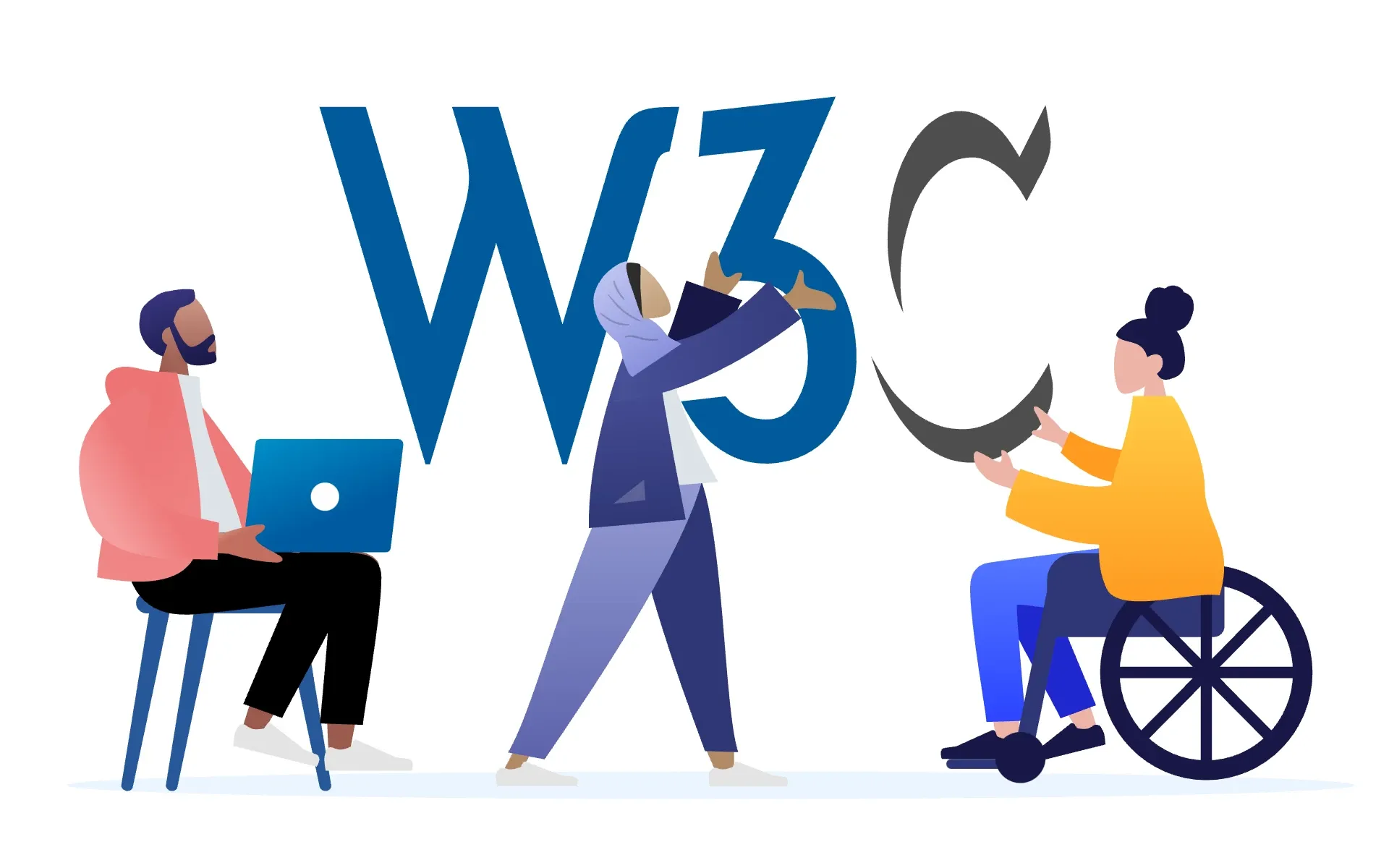W3C elects new board of directors: 7 leaders shaping the web's future
W3C members have chosen 7 directors to guide web standards for the next 2 years, marking a crucial phase in the consortium's evolution as an independent entity.

In a pivotal moment for the World Wide Web Consortium (W3C), seven individuals have been elected to its Board of Directors, marking a significant step in the organization's journey as an independent legal entity. The election, concluded on September 16, 2024, saw W3C Consortium Members casting their votes to determine the leadership that will guide the web's primary standards body for the next two years.
The Elected Directors
The newly elected directors, who will serve from September 26, 2024, to September 30, 2026, are:
- Koichi Moriyama (NTT DOCOMO, INC.): As the Chief Security Architect at NTT DOCOMO, Moriyama brings a wealth of experience in security innovations and corporate strategy. His re-election to the board ensures continuity in governance, as he has been serving as Chair of the Governance Committee.
- Chris Needham (British Broadcasting Corporation): Needham, who chairs both the Media Working Group and the Media & Entertainment Interest Group, offers valuable insights from the broadcasting industry and has been instrumental in building relationships between W3C and other media industry standards bodies.
- Florian Rivoal (W3C Invited Expert): With extensive experience in W3C operations and non-profit management, Rivoal aims to help ensure W3C is fully equipped with the necessary legal and organizational structures to fulfill its mission.
- Eric Siow (Intel Corporation): Siow, re-elected for a second term, brings crucial financial expertise as a CPA and former CFO. He has been instrumental in improving the integrity and transparency of W3C's financial information.
- Léonie Watson (TetraLogical Services Ltd): Watson, also re-elected, has been serving as vice-chair of the current Board and co-chair of the Personnel committee. Her experience in board governance and her dedication to accessibility make her a valuable asset to the W3C leadership.
- Chris Wilson (Google LLC): With a long history in web standards development, Wilson brings deep knowledge of the web ecosystem and experience in guiding large tech companies to work for the common good.
- Hongru (Judy) Zhu (Alibaba Group): Zhu's re-election ensures continued representation from the Asian tech industry. Her experience in standardization strategies and leadership roles in various international standard organizations will be crucial for W3C's global outreach.
These elected directors will join the appointed directors:
- Dominique Hazaël-Massieux (appointed by ERCIM, France)
- Chunming Hu (appointed by Beihang University, China)
- Jun Murai (appointed by WCAP, Japan)
Additionally, Tim Berners-Lee, the inventor of the World Wide Web, serves as a non-voting Founding Director, while Gonzalo Camarillo remains as a board-elected director.
The Significance of the Election
This election is particularly important as it comes at a crucial time for W3C. The organization recently transitioned to an independent legal entity, obtaining 501(c)(3) status as a non-profit organization. This new structure places increased responsibility on the Board of Directors to ensure W3C's financial stability, strategic direction, and adherence to its mission of leading the web to its full potential.
The Board's primary responsibilities include:
- Financial oversight: Approving budgets and financial reports, ensuring fiscal responsibility.
- Strategic planning: Guiding W3C's long-term vision and goals.
- Governance: Defining corporate policies and ensuring compliance with laws and regulations.
- Leadership: Setting goals for and evaluating the performance of the CEO.
The diverse expertise of the elected directors will be crucial in addressing these responsibilities. For instance, Eric Siow's financial acumen will be vital for maintaining W3C's financial health, while Léonie Watson's experience in accessibility and board operations will help ensure inclusive decision-making processes.
The Candidates and the Election Process
The election was highly competitive, with 11 candidates vying for seven positions. The other candidates who ran in the election were:
- Theresa (Tess) O'Connor (Apple Inc.): A long-time contributor to W3C with experience on the Technical Architecture Group (TAG).
- Avneesh Singh (DAISY Consortium): Bringing expertise in accessibility standards and non-profit governance.
- Andreas Efthymiou (Visa): Offering insights from the financial services sector and experience in authentication and digital identity initiatives.
- Tobie Langel (UnlockOpen and OpenJS Foundation): Known for his work in open source and web standards communities.
While these candidates were not elected, their willingness to serve demonstrates the strong commitment of the web community to W3C's mission.
The election process itself was designed to ensure fair representation and bring diverse perspectives to the Board. Candidates were nominated by W3C Members and were required to provide statements outlining their qualifications and vision for W3C.
Looking ahead
As W3C continues to evolve in its new organizational structure, the elected Board of Directors faces several key challenges:
- Ensuring financial stability and exploring new funding sources to ease the cost of membership for the community.
- Strengthening W3C's position as a leader in web standards development amidst a rapidly changing technological landscape.
- Balancing the needs of diverse stakeholders, from large tech companies to individual developers and users around the world.
- Addressing emerging technologies and their impact on web standards, such as artificial intelligence, privacy concerns, and the increasing importance of accessibility.
The newly elected Board, with its mix of returning directors and fresh perspectives, is well-positioned to tackle these challenges. Their collective experience spans crucial areas such as financial management, governance, technical expertise, and global representation.
As the web continues to play an increasingly central role in our lives, the decisions made by this Board will have far-reaching implications. From shaping the technical foundations of the web to ensuring its accessibility and security for billions of users worldwide, the W3C Board of Directors holds a critical responsibility in guiding the future of this essential technology.
The web community will be watching closely as these directors take on their roles, eager to see how their leadership will shape the next chapter of the World Wide Web Consortium and, by extension, the web itself.

